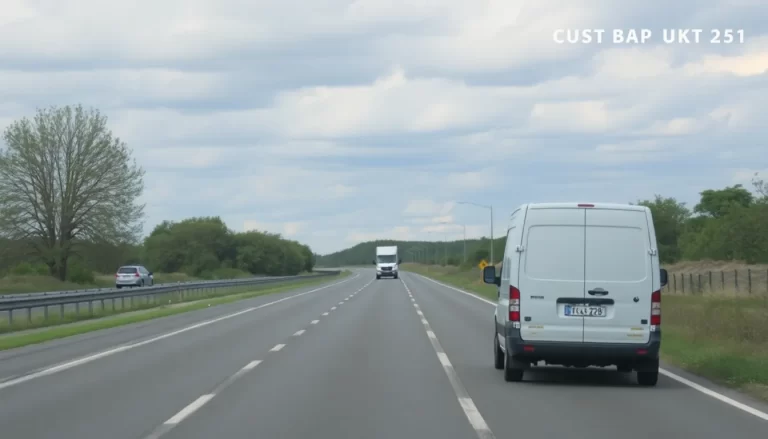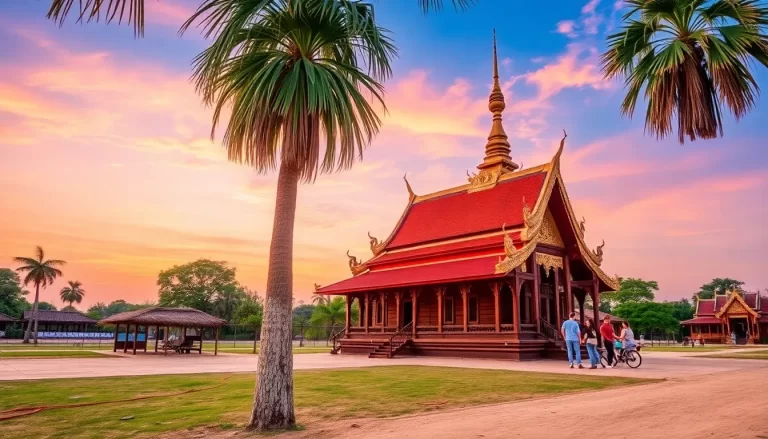Traveling opens our eyes to new experiences, but preconceived notions can often cloud our judgment about certain destinations. Many of us hold biases formed by cultural stereotypes or sensational media portrayals. It’s time to challenge those assumptions and explore the true essence of places like Las Vegas and others often maligned.
Understanding Preconceived Notions in Travel
When we think of a destination, our minds often conjure images shaped by previous knowledge, whether from social media, travel blogs, or television shows. This phenomenon is a natural cognitive behavior that helps us make sense of the world.
Consider Beijing, for example. My perceptions are filled with images of pollution and congestion, fueled by various media portrayals. Yet, I’ve never set foot in the city. This highlights how easily we can form opinions based on incomplete information.
Social media plays a crucial role in shaping our travel preferences. A recent Twitter poll I conducted revealed that many people are hesitant to visit places like Las Vegas, Paris, and Mexico due to preconceived notions. The reasons often stem from sensational headlines rather than personal experiences.
Challenging Cultural Stereotypes
These stereotypes can be damaging and misleading. For instance, the belief that Vegas is solely about casinos and wild parties oversimplifies the city’s diverse offerings. Many individuals are quick to dismiss it, not realizing that there is much more beneath the surface.
- Gambling is not everything: While the casinos dominate the Strip, they represent only a fraction of what Las Vegas has to offer.
- Safety concerns in Mexico: Fear of crime can overshadow the reality of places like Cancún, where most tourists encounter no issues.
- Parisian behavior: The stereotype of rude locals fails to recognize that visitors may be encountering overwhelmed service workers rather than the true French hospitality.
Exploring Las Vegas Beyond the Strip
Las Vegas is often perceived as a playground for party-goers, but this view neglects the multifaceted nature of the city. Here are some of the unique attractions that challenge the traditional gambling narrative:
- The Mob Museum: This fascinating museum chronicles Las Vegas’s historical ties to organized crime and provides insights into its notorious past.
- The Neon Museum: An outdoor gallery showcasing vintage neon signs, perfect for those interested in the aesthetics of the city.
- Fremont Street: A vibrant area filled with street performers, open-air concerts, and local art, offering a taste of old-school Vegas.
- Red Rock Canyon: Just a short drive from the bustling city, this natural oasis offers breathtaking hiking trails and stunning views.
- Hoover Dam: A marvel of engineering located nearby, ideal for history buffs and outdoor enthusiasts alike.
- The National Atomic Testing Museum: This affiliate of the Smithsonian dives into the history of nuclear testing in Nevada, making it a unique and educational visit.
- The Arts District: Known for its eclectic vibe, this area is home to galleries, vintage shops, and live music venues, making it the cultural heartbeat of the city.
- The Haunted Museum: A unique experience filled with paranormal artifacts, perfect for thrill-seekers and those intrigued by the supernatural.
Visitors can enjoy a full itinerary in Las Vegas without ever stepping foot on the Strip. The reality of the city is rich and varied, with countless experiences waiting to be discovered.
Reevaluating Travel Choices
Every traveler has destinations they are not eager to visit. For instance, I personally have reservations about traveling to Saudi Arabia and have postponed my plans for China and India due to environmental concerns. However, it’s important to question why we feel this way.
Often, our reluctance is rooted in cultural stereotypes rather than fact. Before dismissing a place, consider researching it beyond the sensational headlines and biased portrayals. This could lead to surprising discoveries.
In doing so, we can uncover the true character of destinations and perhaps find that they are more welcoming and exciting than initially thought. The essence of travel lies in peeling back the layers of a place and understanding its reality, rather than relying solely on mainstream perceptions.
The Importance of Personal Experience
Personal experiences are invaluable in shaping our understanding of a destination. Many travelers find that the places they expect to dislike often turn out to be the most memorable. Engaging with locals, experiencing the culture, and exploring off-the-beaten-path attractions can reveal a side of a destination that’s rarely showcased in travel literature.
For example, my first visit to Las Vegas was filled with skepticism, but as I ventured away from the typical tourist spots, I discovered the city’s vibrant art scene and breathtaking natural landscapes. Similarly, a trip to Mexico led me to stunning beaches and warm-hearted locals who shattered my preconceived notions of danger.
Finding Value in Diverse Destinations
Traveling to places that are often dismissed can yield some of the most enriching experiences. Destinations like Las Vegas, Mexico, and even Paris have unique stories and cultural backgrounds that contribute to their charm.
Instead of allowing preconceived notions to dictate our travel plans, let’s embrace the diversity of experiences awaiting us. Here are some travel tips to consider:
- Research before you go: Familiarize yourself with the culture, customs, and attractions of your chosen destination.
- Engage with locals: They can provide insights and recommendations that you won’t find in guidebooks.
- Be open-minded: Approach every destination with curiosity and a willingness to learn.
- Document your experiences: Writing about your travels can help you reflect on your perceptions and the realities you encountered.
Ultimately, the goal of travel is to experience the world in its entirety, challenging our assumptions and enriching our lives in unexpected ways.







